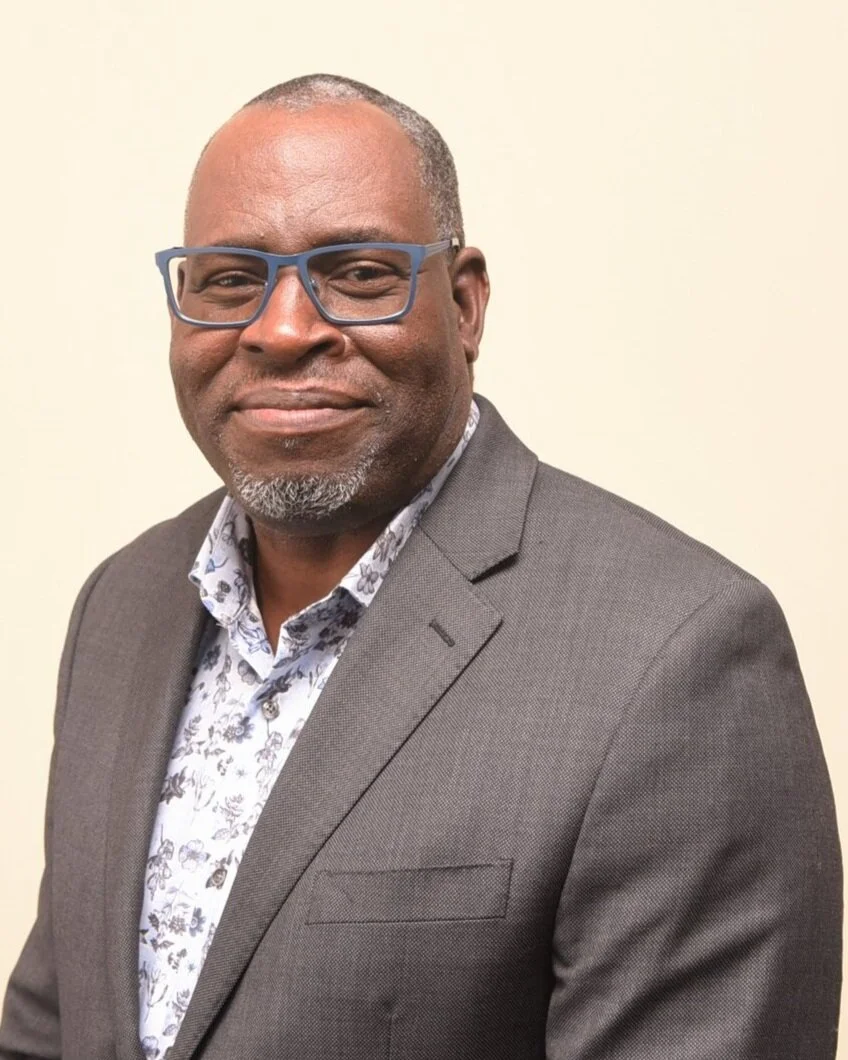Arnold Itwaru pioneered U of T's Caribbean Studies program
October 12, 2021
The architect of the popular Caribbean Studies program at the University of Toronto’s New College has passed away.
Dr. Arnold Itwaru died on September 16 at age 79.
Initially designing and developing every course with an emphasis on anti-imperialist and anti-racist thought, he directed the program for a decade and taught in it until earlier this year.
Dr. Ramabai Espinet said her friend and colleague for many years possessed a revolutionary spirit and compassionate heart.
“I appreciated his intelligence, his many talents – literary, artistic and academic – and the fact that he was always good for a brawling argument about ideas,” said Espinet who was honoured last June with the Kathleen O’Connell Teaching Excellence Award that recognizes the important contributions made by sessional instructional staff to New College’s teaching mission in the academic programs, interdisciplinary courses and Writing Centre. “He was a teacher and mentor to hundreds of students, starting when he was barely 15.”
Itwaru joined New College in 1995 after being recruited by the late Dr. Fred Case to teach courses in Caribbean cultures and societies.
“Out of that, Arnold single-handedly designed and developed the Caribbean Studies program which was tremendously popular,” said Dr. Alissa Trotz who is a Professor of Caribbean Studies at New College and the Director of Women & Gender Studies. “It introduced students not only to thinking about the Caribbean as a viable place to study, but also centering questions of anti-racism and anti-imperialism that got them to think about their location in Canada and the location of the Caribbean in Canada as well. That program opened the door for students to think about Caribbean migration here, Caribbean communities here, conditions of arrival and racism here.
“Since his passing, many of his students have spoken about how absolutely important his legacy was for their education, for opening their eyes by introducing them to topics that they wouldn’t have had access to in any other programs at the U of T and for really giving them an education they didn’t get anywhere else in the university. For that, he must always be remembered.”
Kevin Edmonds, an Assistant Professor in the Caribbean Studies Teaching Stream, said Itwaru was revered by his students.
“He was someone who didn’t leave his lessons behind in the classroom,” said the PhD. candidate and 2019-20 recipient of the June Larkin Award for Pedagogical Development. “He lived a life in which he had a deep connection with and ethical responsibility to challenge his students and community in order to bring the best out of them. Since his passing, we have been flooded with messages from his students from far and wide, sharing their memories of how he changed not just the way they thought, but the way they lived their lives.”
Leaving Guyana in 1969, Itwaru completed his Master’s nine years later at York University. The dissertation was a sociological analysis of consciousness orientation and its implications in West Indian prose literature in English during the 1950s.
His doctoral thesis was the basis for his book, ‘The Invention of Canada’, that’s an in-depth study of the Canadian reality as perceived through the works of modern immigrant writers, including the late Austin Clarke.
Itwaru taught at York University for almost two decades before joining U of T 26 years ago.
In addition to building and maintaining the Caribbean Studies program, he created the annual ‘Racism & National Consciousness’ conference that transformed New College into a hub of engagement and foregrounding dimensions of public intellectual work and activist scholarship for students.
The pioneering scholar also played a pivotal role in organizing the inaugural Indian Arrival & Heritage Month at New College that was later changed to South Asian Heritage Month and the distinguished Cheddi Jagan Memorial Lecture at York University.
A prolific writer, Itwaru authored 13 books of poetry, fiction, scholarly works and essays, bridging scholarly and literary traditional forms and was the recipient of two Guyana National Poetry Awards.
Former Ontario Black History Society President Rosemary Sadlier said Itwaru has left a lasting impact.
“Being a trailblazer is never easy,” she pointed out. “There are few to offer support and fewer still who understand your journey and the challenges along the way. While Dr. Itwaru was not my professor for any course, he nevertheless added to my learning about social justice through his body of work and through what had been his annual conferences held at New College. He understood the Caribbean and the impact of Diaspora. When others were not there, he offered me his support around my writing and my efforts and for that I will be forever grateful.”
Itwaru is survived by his partner Natasha Ksonzek and his children Andre, Sherry and Mark.






